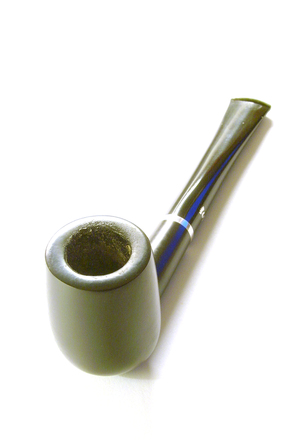Frisk for Weapons in an Illinois Drug Possession Case

The 4th amendment of the U. S. Consitution protects us from unreasonable searches and arrests. Searches and arrests without a warrant or probable cause are unconstitutional. Evidence obtained by the police by an illegal search or arrest is not admissible in Court. Since no two people are alike and our perceptions of the world differ from person to person, the meaning of what constitutes a reasonable search or arrest varies from judge to judge.
In a recent Illinois appellate case, the defendant appealed his criminal conviction. The jury convicted the defendant of possessing a controlled substance and possessing drug paraphernalia. The case arose in the middle of the night in July 2013 when the defendant was walking down the street. An officer was sent to respond to a possible burglary and saw him. He got out of his car and asked whether the defendant had seen anybody running. The defendant said he’d seen nothing and claimed he’d left a friend’s house. The officer knew the friend, who trafficked narcotics.
The defendant put his hands in his pockets during the conversation. The officer told him to take out his hands. The defendant obeyed but then put his hands back into his pockets. Again, the officer asked him to take his hands out of his pockets. They repeated this behavior a few times during the conversation, and the defendant finally asked the officer why he had to take his hands out of his pockets. The officer told him he was going to pat him down for weapons and then conducted a frisk search.
While frisking the defendant, the officer felt a smoking pipe in the defendant’s pockets. He knew what it was because he had experience with narcotics investigation. He arrested the defendant for possession of drug paraphernalia in his pocket. He took the pipe out and tried to go into the defendant’s other pocket, but the defendant started struggling.
The officer called for backup, and they continued struggling. Another officer came, and together the officers subdued the defendant and searched him. They found a baggie containing a rock-like substance. The officer tested the substance and determined it was cocaine. A state chemist confirmed this later. The defendant was charged with possession of a controlled substance and possession of drug paraphernalia.
The defendant filed a motion to quash the arrest and suppress evidence. He argued that the officer didn’t have reasonable suspicion to stop him and didn’t have a right to search him, and therefore the evidence he’d gotten should be suppressed.
At the hearing, the officer testified that he had approached the defendant to figure out whether he was involved in the burglary or saw other suspects. He didn’t know whether the defendant was armed, and the defendant refused to keep his hands in sight. He knew that it was an area with a lot of narcotics activity, and in his experience, many people involved with narcotics were armed. He conducted a frisk search to find out if he had weapons. The lower court found the frisk permissible because a reasonable person in the same circumstances could believe himself to be in danger. The case went to trial, and the defendant was convicted.
On appeal, the defendant again argued it was an unlawful search. The appellate court explained that there were three levels of police encounters: arrests, brief investigative detentions, and consensual encounters with no seizure.
The appellate court reasoned that a police officer can conduct a frisk during a consensual encounter if he develops a reasonable suspicion the individual is armed and dangerous. In this case, it agreed with the lower court that the officer had a reasonable suspicion the defendant was armed and was concerned for his safety. The defendant’s conviction was affirmed.
Essentially what the Court concluded is that if a police officer comes up to you while your walking down the street and asks questions about something completely unrelated to you, and the police officer somehow believes that his life is in danger, he can subdue you with force and search you. If he finds something illegal on you, he can then arrest you. The case is a 4th district decision and does not bind the remainder of Ilinois courts. There is a good chance that the decision will be overturned by the Ilinois Supreme Court if it is further appealed.
Each drug crime case is different, and an experienced attorney can make sure you present a strong defense. John D. Ioakimidis is an award-winning Chicago drug crime attorney and author with more than 24 years of experience. If you are charged with a drug crime in Illinois, contact me in Cook (312-229-5500), DuPage and Kane (630-504-2096), or Lake (847-696-6458) County for a free and confidential consultation to discuss your legal options.
More Blog Posts:
Can I Be Guilty of Domestic Battery If I Didn’t Hit Anyone, January 29, 2017
The Kane County Domestic Diversion Program, December 1, 2016
More Blog Posts:
Illinois Meth Manufacturing Within 1,000 Feet of a Place of Worship


